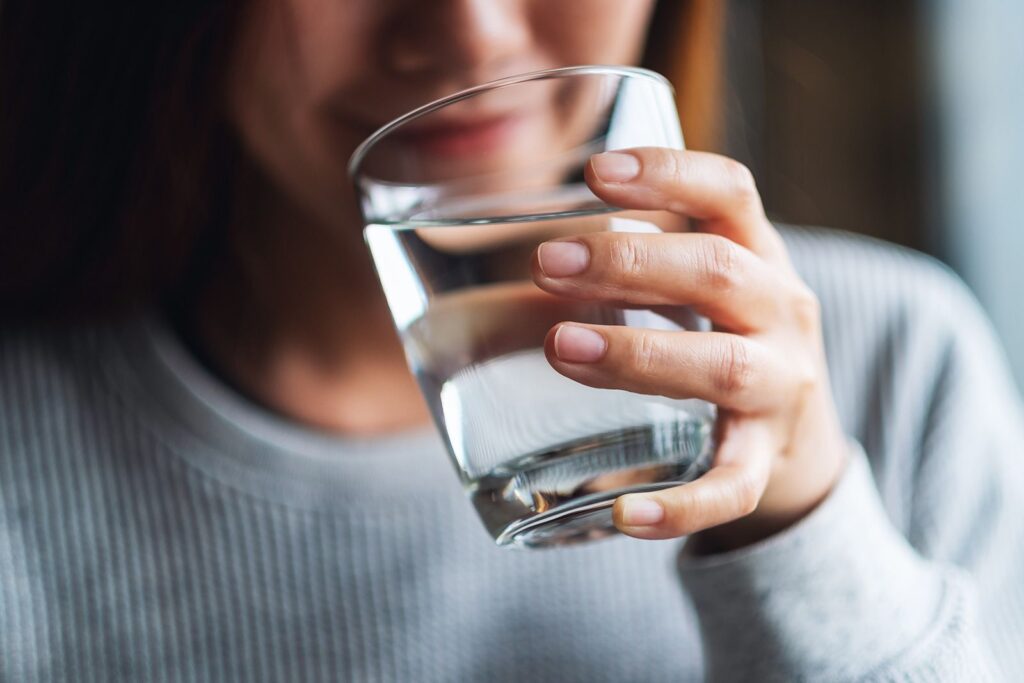Hydration for Health Conditions
The power of H2O: How staying hydrated benefits your kidneys
The Power of H2O: How Staying Hydrated Benefits Your Kidneys
In the quest for a healthy body, one often overlooks the crucial role that water plays in maintaining optimal kidney function. The human body is composed of approximately 60% water, and every cell, tissue, and organ relies on water to function properly. Among these organs, the kidneys are particularly dependent on adequate hydration to carry out their vital roles. In this article, we will explore the power of H2O and discuss the numerous benefits of staying hydrated for kidney health.
The Importance of Hydration for Kidney Function
The kidneys, shaped like beans and each about the size of a fist, are located near the middle of the back, just below the ribcage. These remarkable organs play a pivotal role in our overall health. Their primary function is to filter waste products, excess water, and other impurities from the blood, creating urine to eliminate these substances from the body. Additionally, the kidneys regulate electrolyte balance, blood pressure, and the production of red blood cells.
Proper hydration is key to the optimal functioning of the kidneys. When you don’t drink enough water, the volume of blood flowing through the kidneys decreases. This reduction in blood flow hampers their ability to carry out their filtration activities. As a result, waste products and toxins may accumulate in the body, posing a risk to overall health.
The Benefits of Staying Hydrated for Kidney Health
1. Improved Waste Removal:
Drinking an adequate amount of water ensures that the kidneys can effectively perform their vital function of filtering waste and toxins from the blood. Sufficient hydration helps to flush out impurities, preventing the development of kidney stones, urinary tract infections, and other kidney-related problems.
2. Prevention of Urinary Tract Infections:
Adequate hydration helps to dilute urine, reducing the likelihood of bacterial growth and the development of urinary tract infections (UTIs). UTIs can cause discomfort and may even lead to more severe kidney infections if left untreated.
3. Maintenance of Kidney Function:
Staying hydrated helps to maintain the optimal blood flow to the kidneys, promoting their overall function and preventing potential damage. Proper kidney function is vital for removing waste and maintaining fluid and electrolyte balance within the body.
4. Preservation of Electrolyte Balance:
Electrolytes are essential minerals that conduct electrical impulses throughout the body. They have a significant impact on muscle function, pH levels, and nerve signaling. Adequate hydration supports the kidneys in regulating electrolyte balance by filtering excess electrolytes and maintaining proper levels within the body.
Frequently Asked Questions (FAQs)
Q: How much water should I drink to stay hydrated?
A: The amount of water each individual requires can vary based on factors such as age, sex, weight, activity level, and climate. However, a general guideline is to consume at least eight 8-ounce glasses of water per day, commonly known as the “8×8 rule.”
Q: Are there any signs of dehydration I should watch out for?
A: Yes, common signs of dehydration include dark-colored urine, infrequent urination, dry mouth, dizziness, fatigue, and headaches. These symptoms indicate that your body needs more fluids, and it is important to replenish your water intake.
Q: Can I rely on beverages other than water to meet my hydration needs?
A: While water is the best choice for optimal hydration, other non-caffeinated beverages like herbal tea, fruit-infused water, and unsweetened juices can contribute to your daily fluid intake. Foods with high water content, such as fruits and vegetables, may also help in maintaining hydration levels.
Q: Are there any risks associated with excessive water consumption?
A: While it is essential to stay hydrated, excessive water intake can lead to a condition called hyponatremia, where the sodium levels in your blood become dangerously diluted. This can be especially problematic for individuals with certain medical conditions. It is important to find a balance by drinking enough water without overdoing it.
Q: Can staying hydrated prevent kidney disease?
A: While staying hydrated cannot guarantee the prevention of kidney disease, it is an important factor in maintaining kidney health. Proper hydration, combined with a balanced diet and a healthy lifestyle, may help reduce the risk of developing kidney problems.
In Conclusion
Water, the elixir of life, plays a critical role in maintaining optimal kidney function. Staying hydrated enables the kidneys to efficiently carry out their vital tasks of waste removal, fluid balance, and electrolyte regulation. By prioritizing hydration, you can support your kidney health and contribute to your overall well-being. Remember to listen to your body’s cues and ensure that you are drinking enough water to keep your kidneys and entire body functioning at their best.

